The Clothworkers’ Centre for Textiles and Fashion Study and Conservation
Words by Demetrios Gkiouzelis
Location
London, United Kingdom
The Clothworkers’ Centre for Textiles and Fashion Study and Conservation
Words by Demetrios Gkiouzelis
London, United Kingdom
London, United Kingdom
Location
How does a museum founded in 1852 manage to still stay at the forefront of innovation and creativity over a century and a half later? The Victoria & Albert Museum, London’s ever-growing art and design powerhouse and the world's largest museum of decorative arts and design, is currently undergoing an extensive 10-year redevelopment. FuturePlan is an ambitious project that sets out to bring the renowned museum into the 21st century through revitalising visitor facilities, redisplaying the collections and restoring modern design and innovation to the very heart of the museum. Completed in October, 2013, the latest stage of its transformation was without a doubt, music to every fashion aficionado’s ears.
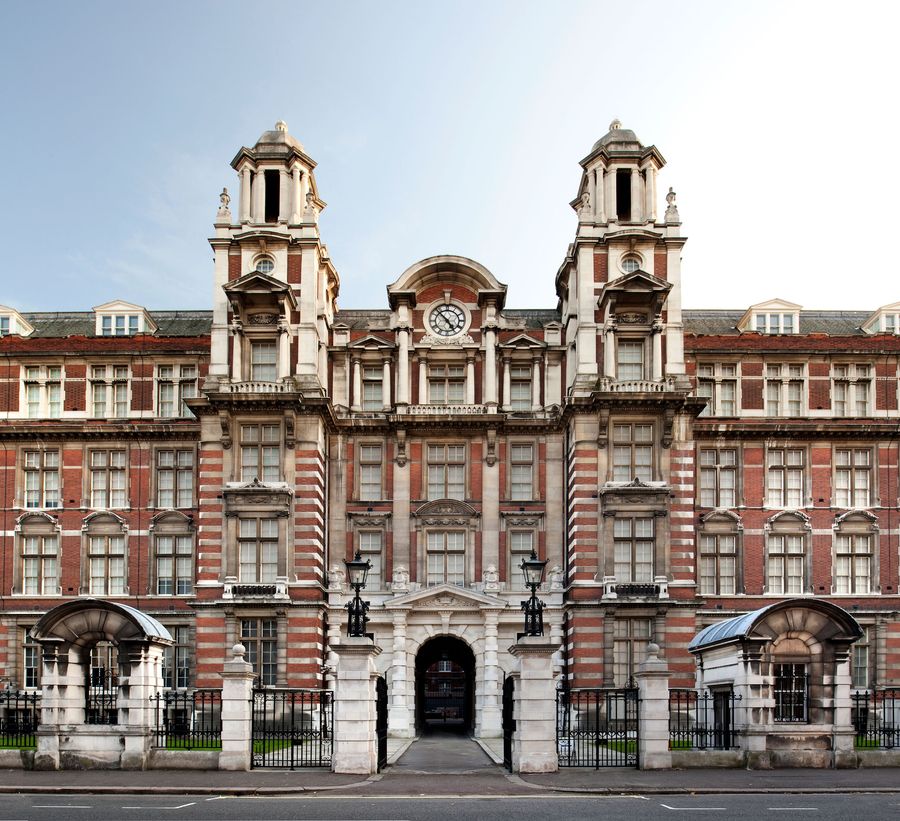
The Clothworkers’ Centre for Textile and Fashion Study and Conservation.
photo © Philip Vile, Victoria and Albert Museum, London.
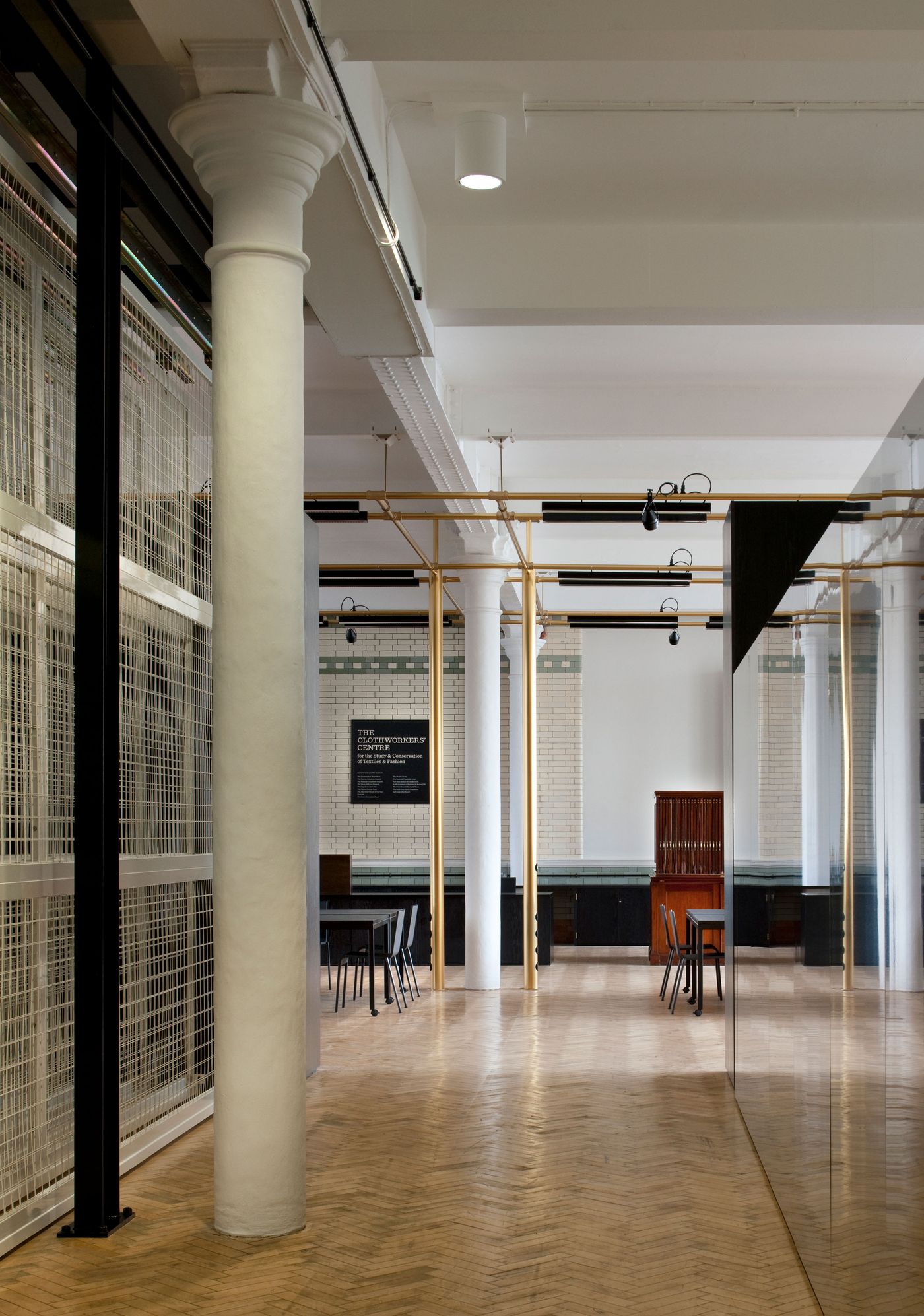
The Clothworkers’ Centre for Textile and Fashion Study and Conservation.
photo © Philip Vile, Victoria and Albert Museum, London.
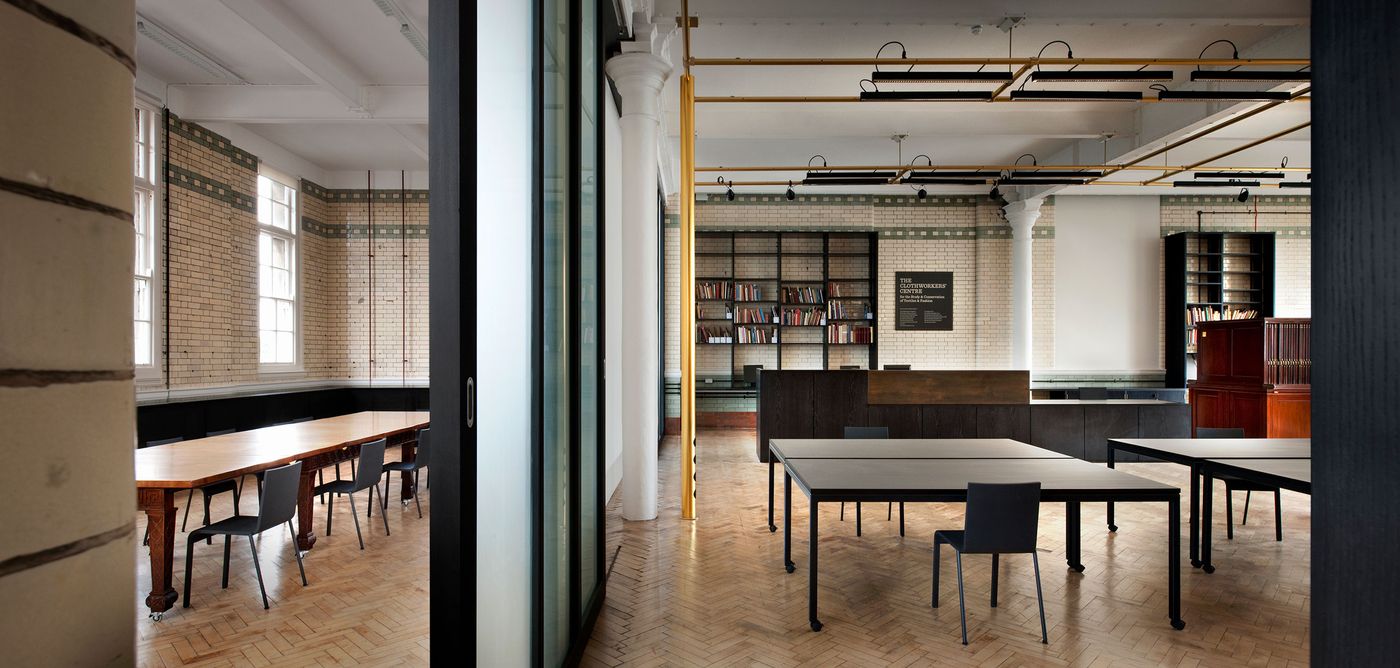
The Clothworkers’ Centre for Textile and Fashion Study and Conservation.
photo © Philip Vile, Victoria and Albert Museum, London.
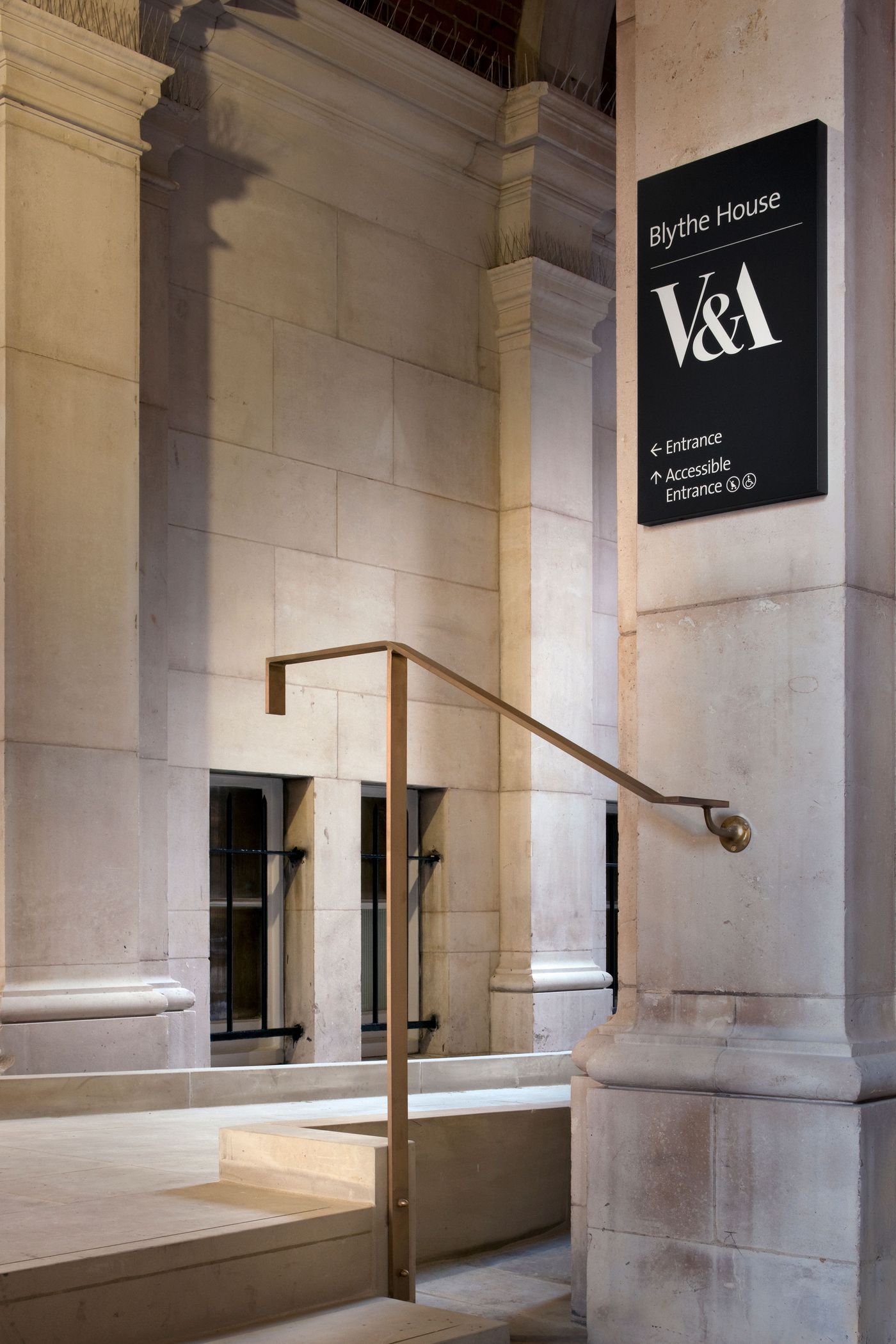
The Clothworkers’ Centre for Textile and Fashion Study and Conservation.
photo © Philip Vile, Victoria and Albert Museum, London.
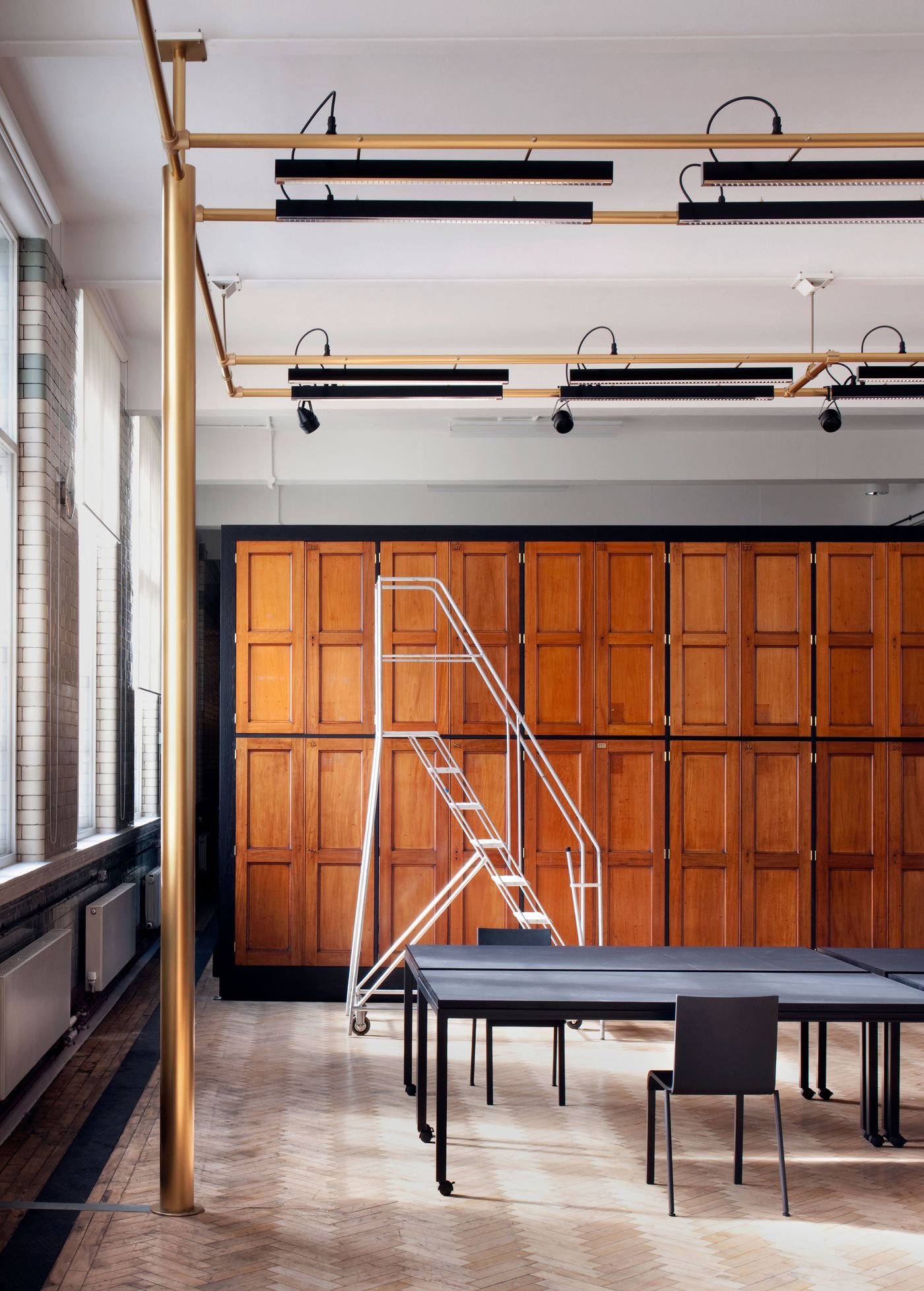
The Clothworkers’ Centre for Textile and Fashion Study and Conservation.
photo © Philip Vile, Victoria and Albert Museum, London.

The Clothworkers’ Centre for Textile and Fashion Study and Conservation.
photo © Philip Vile, Victoria and Albert Museum, London.
The aptly named The Clothworkers’ Centre for Textiles and Fashion Study and Conservation is an impressive one-of-a-kind space that promises to take visitors on a journey through the history of fashion, a history that is as rich as the precious collection it houses. The new Centre aims to bring the V&A's extensive textiles and fashion collection, ranging from archaeological textiles to contemporary haute couture, together under one roof for the first time. As the safe keeper of the UK’s national collection of textiles and fashion, the V&A's Textile Conservation Department is one of the international leaders in its field and a definitive haven for researchers, students and enthusiasts alike. Dedicated to the storage, conservation and study of the Textile and Fashion Collection, the new Centre aims to encourage access to this extensive collection by offering visitors and researchers state-of-the-art facilities that provide a truly unique opportunity to inspect and study the in excess of 104,000 items it houses, up close. From tiny fragments of Egyptian textiles to heavy tapestry and carpets, accessories and underwear to embroidered 18th century court dresses, the collection is one of the world’s largest and the most wide-ranging of its kind, covering a time span of more than 3,000 years across a geographic range that includes Europe, South, South East and East Asia, the Middle East, Africa and the Americas.
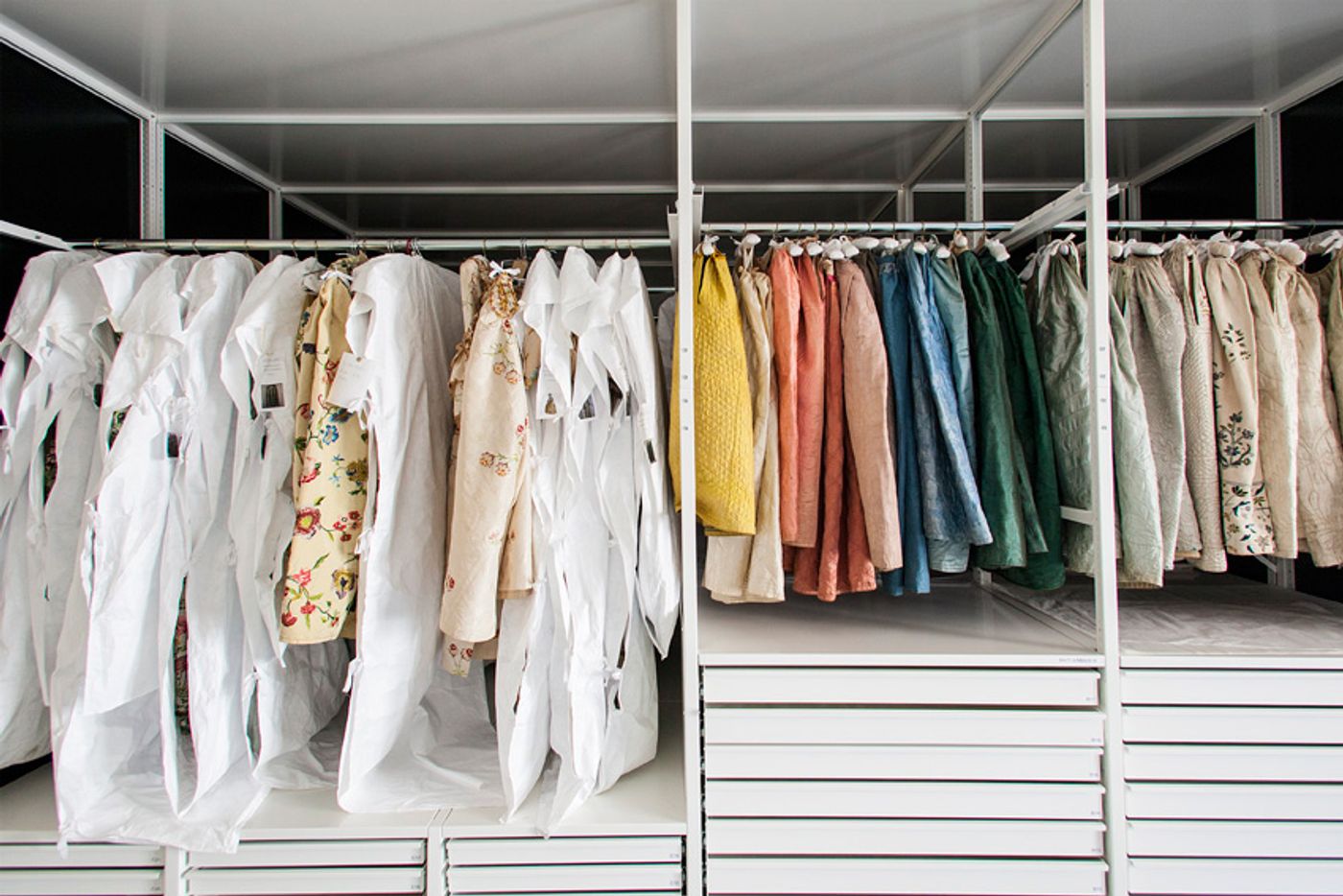
Storage in The Clothworkers’ Centre for Textile and Fashion Study and Conservation
photo © Victoria and Albert Museum, London.
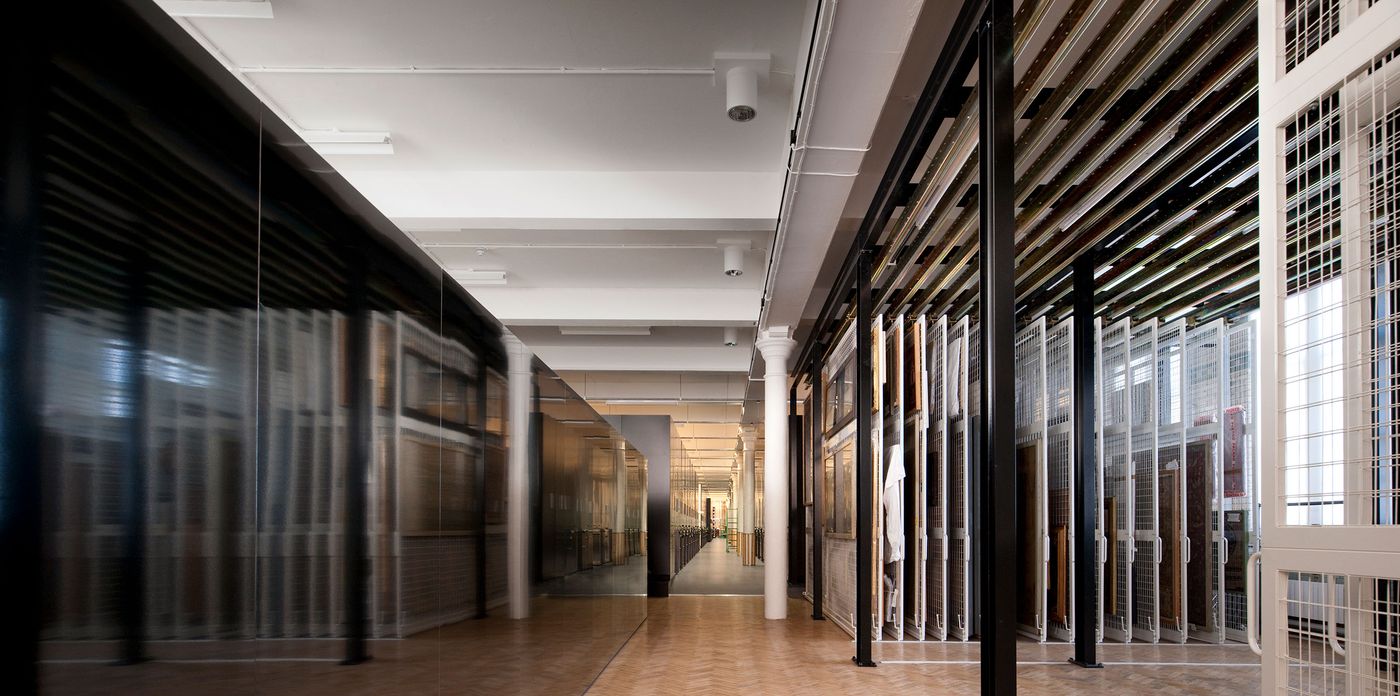
The Clothworkers’ Centre for Textile and Fashion Study and Conservation.
photo © Philip Vile, Victoria and Albert Museum, London.
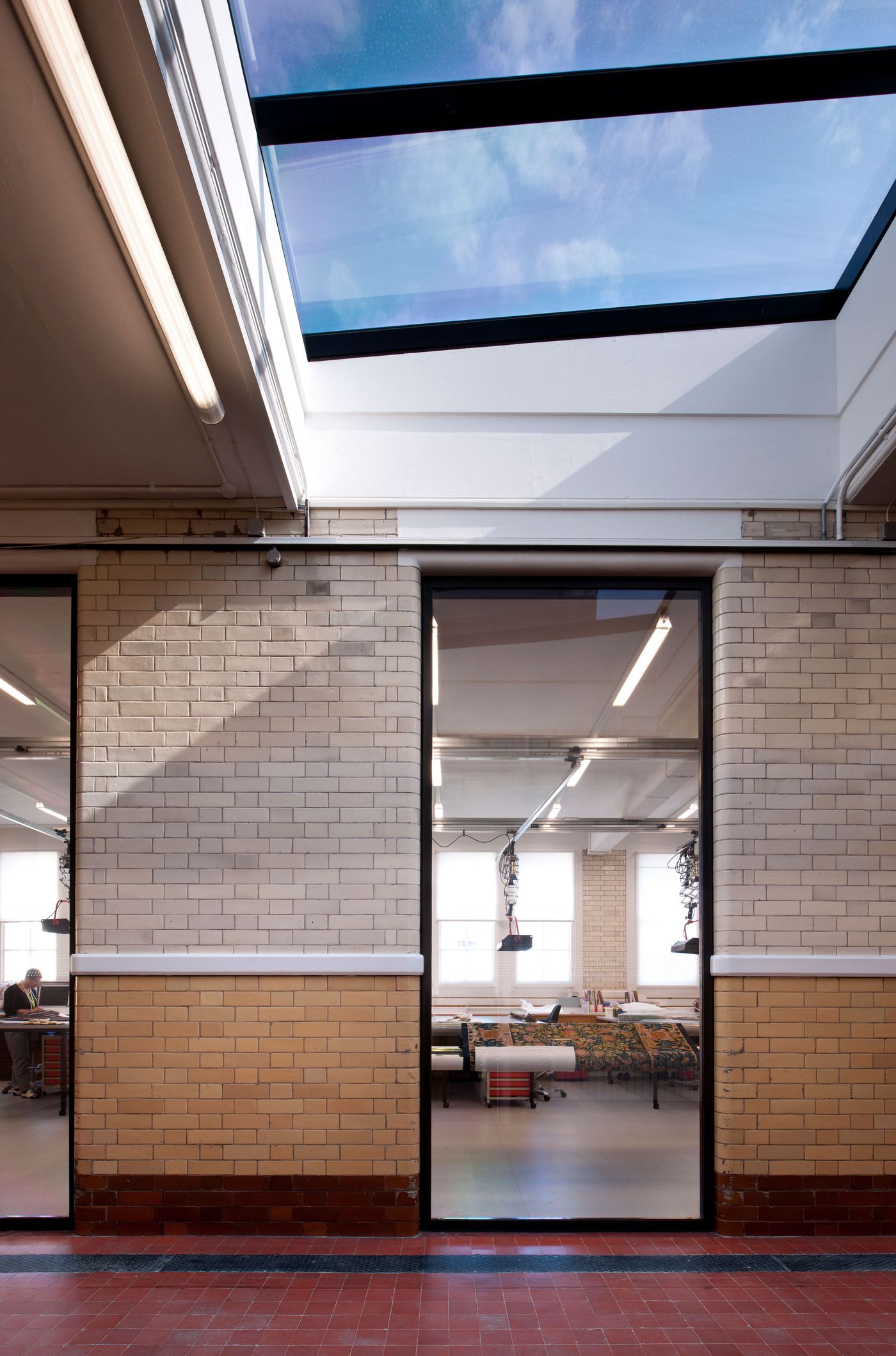
The Clothworkers’ Centre for Textile and Fashion Study and Conservation.
photo © Philip Vile, Victoria and Albert Museum, London.
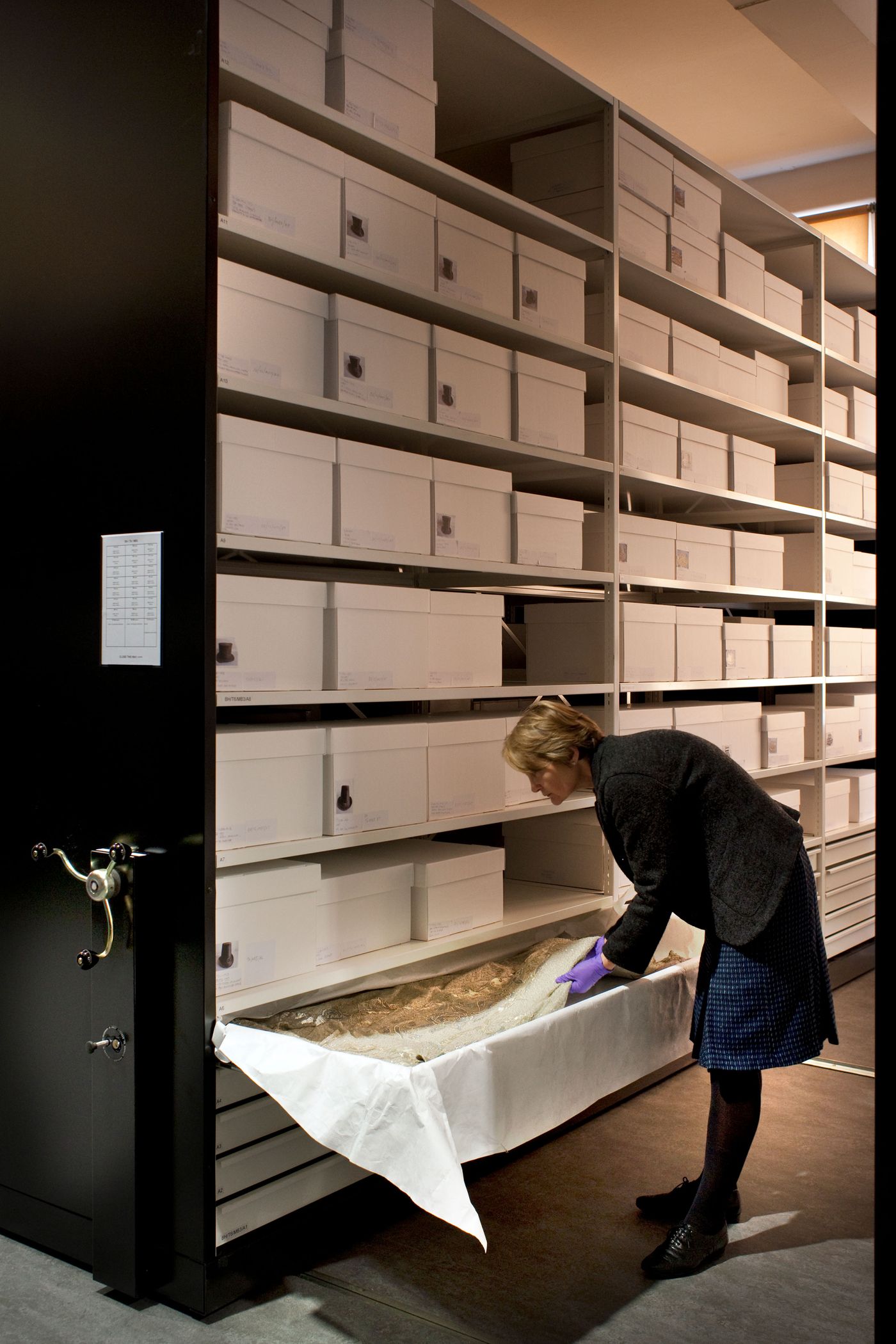
The Clothworkers’ Centre for Textile and Fashion Study and Conservation.
photo © Philip Vile, Victoria and Albert Museum, London.
The Centre itself is housed in Blythe House in Kensington Olympia in West London; the Grade II listed building was originally designed by Sir Henry Tanner in 1890 as the headquarters of the Post Office Savings Bank. Designed with the storage and conservation of the precious collection in mind, the five-year renovation project was overseen by London-based architecture studio Haworth Tompkins, who placed an emphasis on reflecting the building’s original architecture by reinstating original features, while creating modern interventions within it that complement and reinforce its imposing character. The original formal entrance from Blythe Road, which was originally designed with separate access points for its employees to prevent the mixing of genders in the workplace, has now been restored to its former glory, creating a grand and inviting street presence as a result. The rich ornamental exterior façade in Edwardian Baroque style gives way to a more understated yet equally impressive interior modernized with an industrial yet refined touch.
The new and upgraded Conservation studios, a public Study Centre, and a Seminar Room constitute the very heart of the project, and offer visitors and researchers increased access and improved facilities to both study and enjoy the wide-ranging collection. The public study and seminar spaces make the most of the building’s generous proportions, where the relaxed and peaceful environment provides the perfect space for visitors to study even the largest textiles first hand. In keeping research and education at the forefront of the project, the brief was to create an enhanced 'behind the scenes' study experience, with the emphasis on a working Textile and Fashion Collection that is easily accessible to visitors. In this vein, the study room area feels more like a working studio than a hands-off exhibition room or a curated space. Emanating a formal grandeur akin to that of a reading room in a Library or a salon in a fashion house, dark-coloured timber and a bright gold metal lighting and power rig define the study room’s working area which is separated from the Seminar space by full height glazed screens.
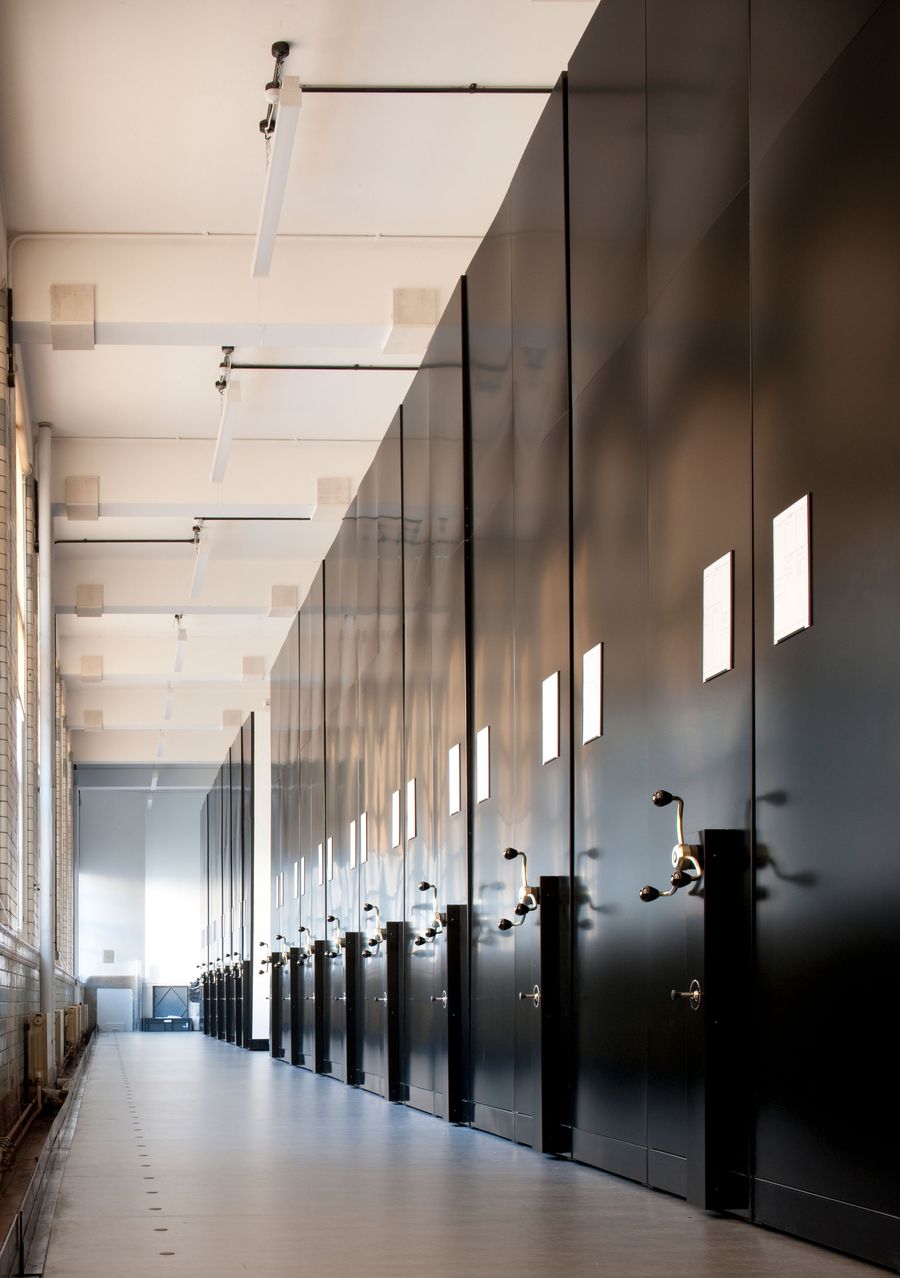
The Clothworkers’ Centre for Textile and Fashion Study and Conservation.
photo © Philip Vile, Victoria and Albert Museum, London.
A new conservation suite located on the floor above is fully kitted out with state of the art equipment. As the epicenter of where the conservation of the collection is carried out, visitors are able to see into the studios and watch the work in progress. A new custom-built compressed storage system and a range of modern conservation studios ensure for the long term care and preservation of the collection. The Centre’s storage facilities are immense and encompass 1,280 large rolled textiles measuring 1.5 to six metres in length, 500 linear metres of storage for hanging garments and an impressive 7,000 drawers, in six different sizes, that house everything from dress fabrics to religious robes, handbags to walking sticks, and embroidery to underwear.
The Clothworkers’ Centre for Textiles and Fashion Study and Conservation is unquestionably a must-visit space. Encompassing a comprehensive fashion and architectural experience, this is a space where design, conservation and education are masterfully weaved together like hand-embroidered fine silk. Entrance is free and by appointment, with public tours taking place on the last Friday of every month.
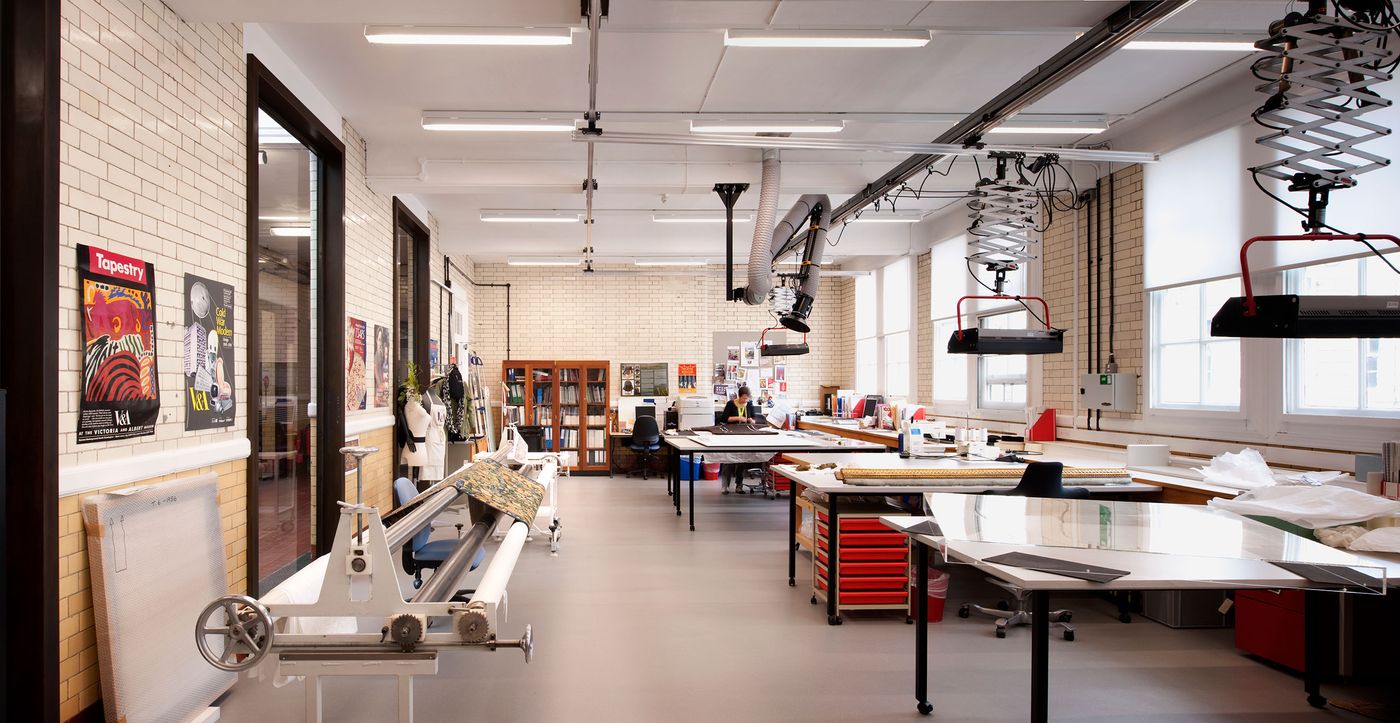
The Clothworkers’ Centre for Textile and Fashion Study and Conservation.
photo © Philip Vile, Victoria and Albert Museum, London.
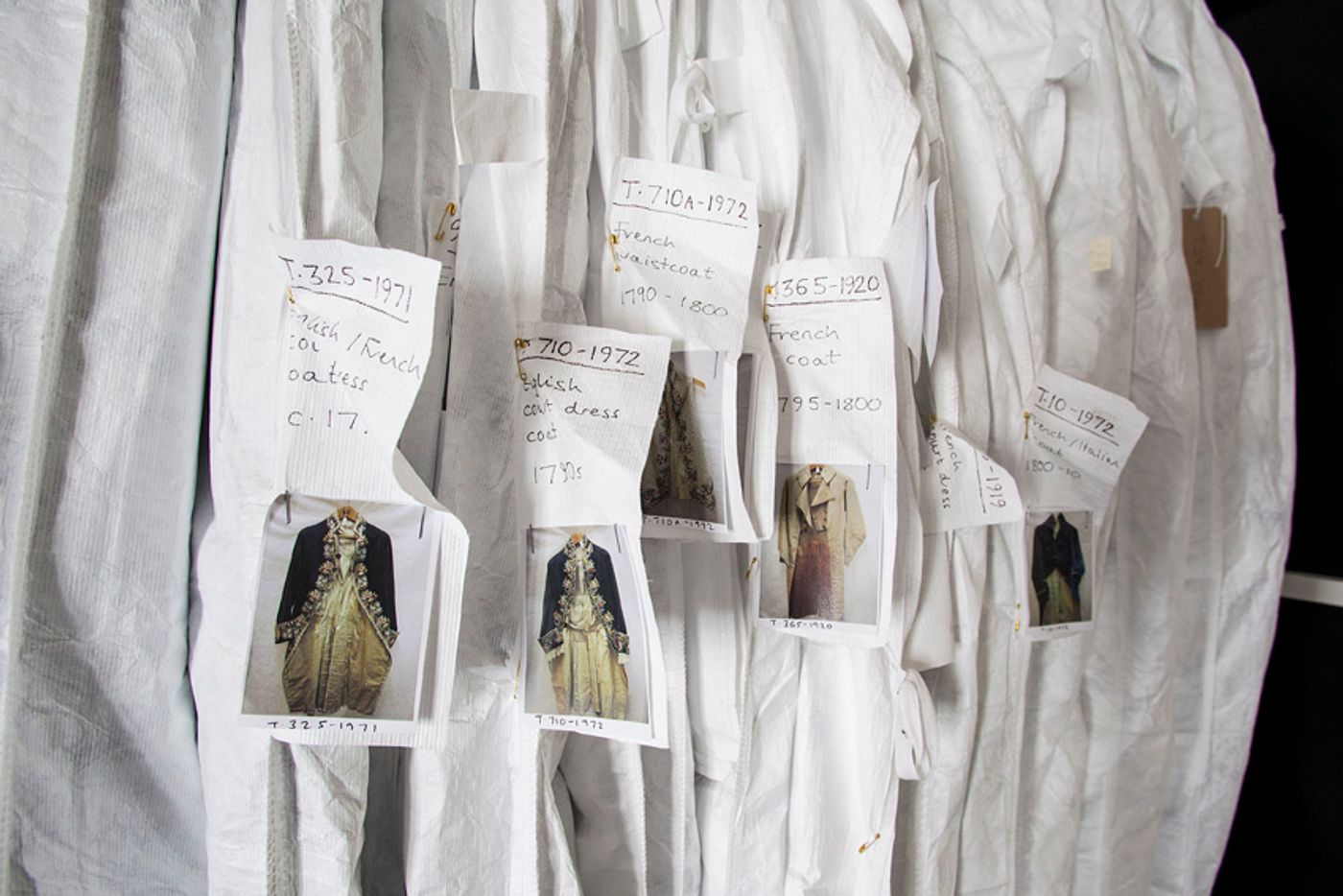
Storage in The Clothworkers’ Centre for Textile and Fashion Study and Conservation
photo © Victoria and Albert Museum, London.
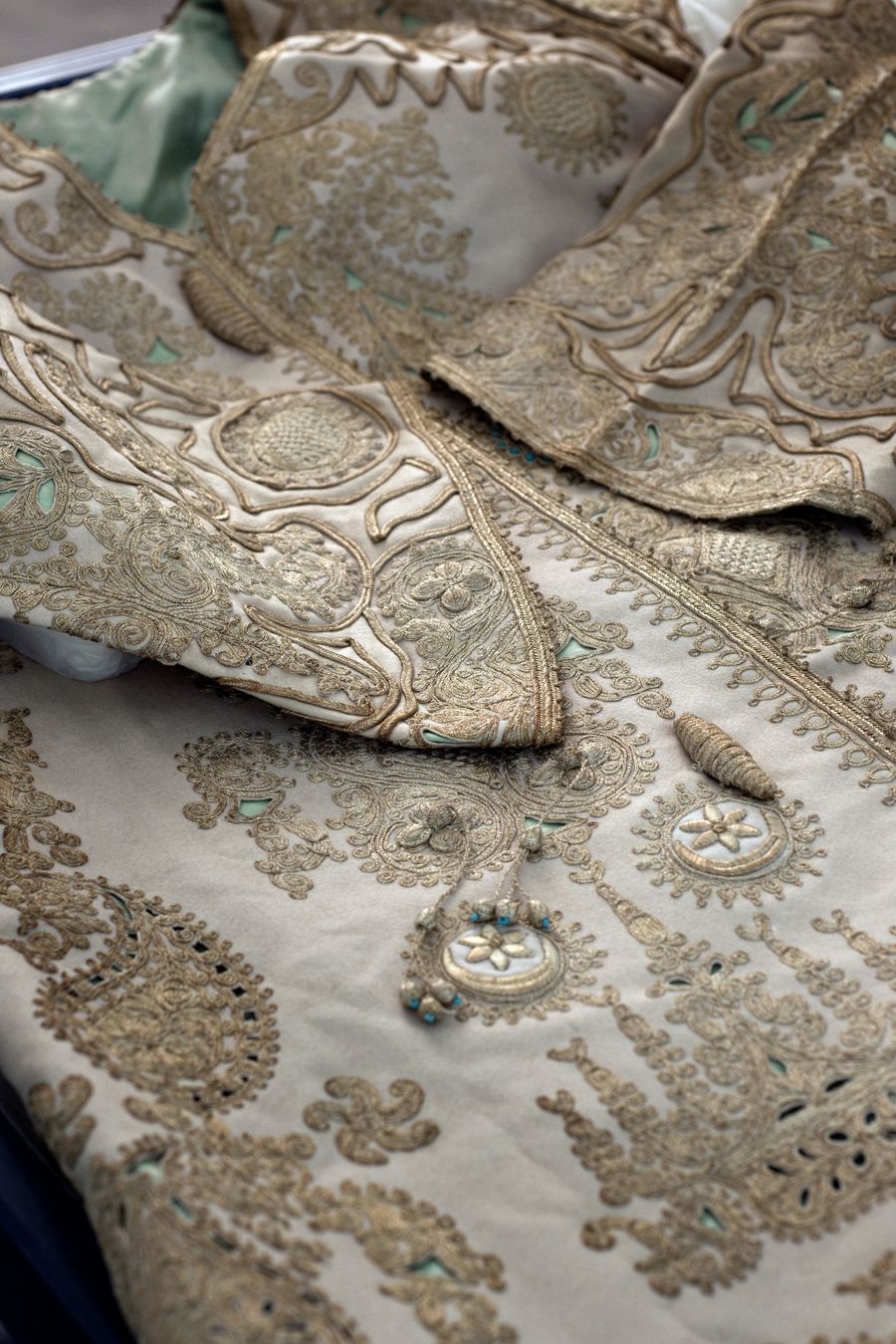
photo © Philip Vile, Victoria and Albert Museum, London.
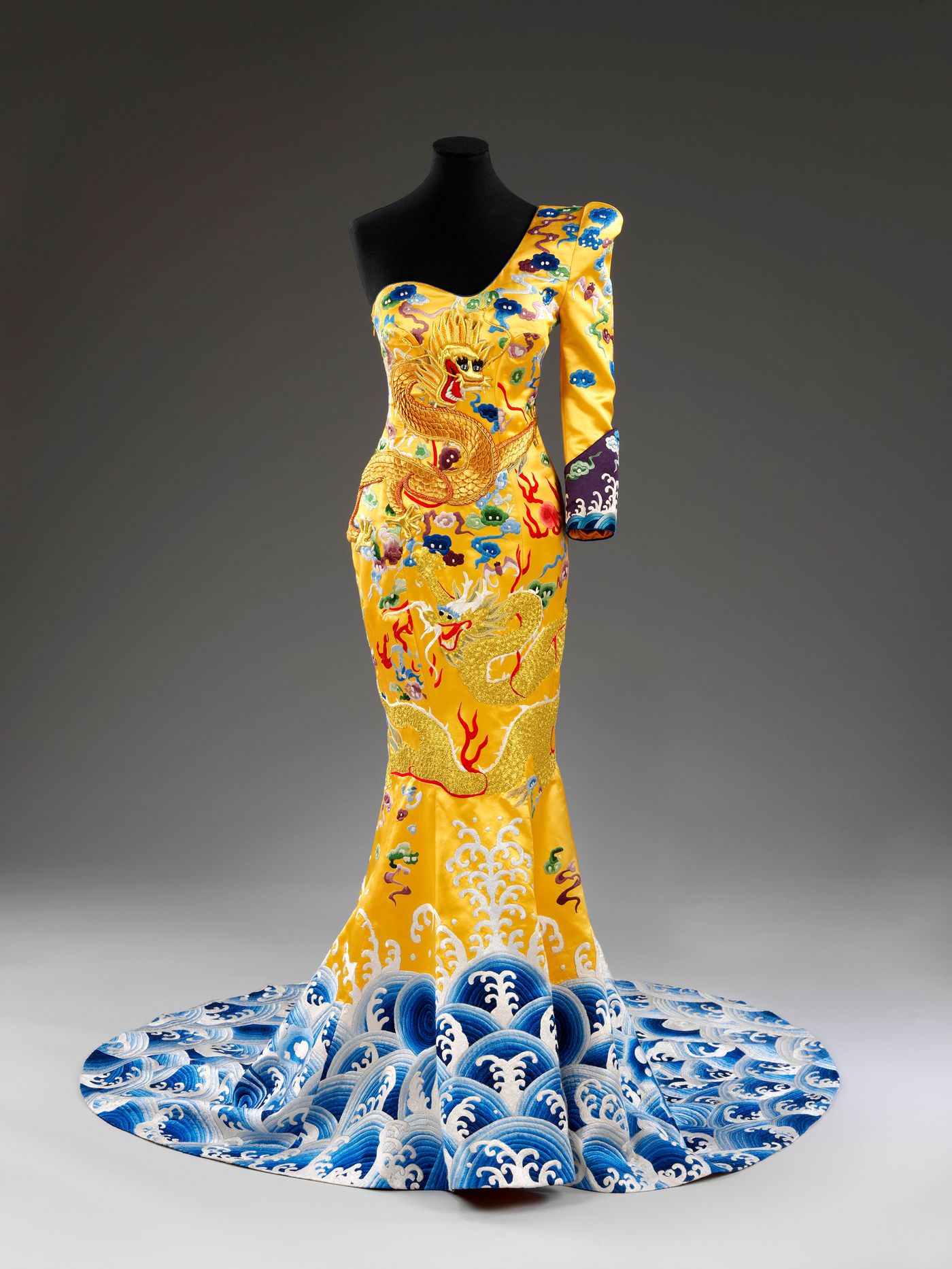
Red carpet dress by Laurence Xu, China, 2011.
photo © Victoria and Albert Museum.
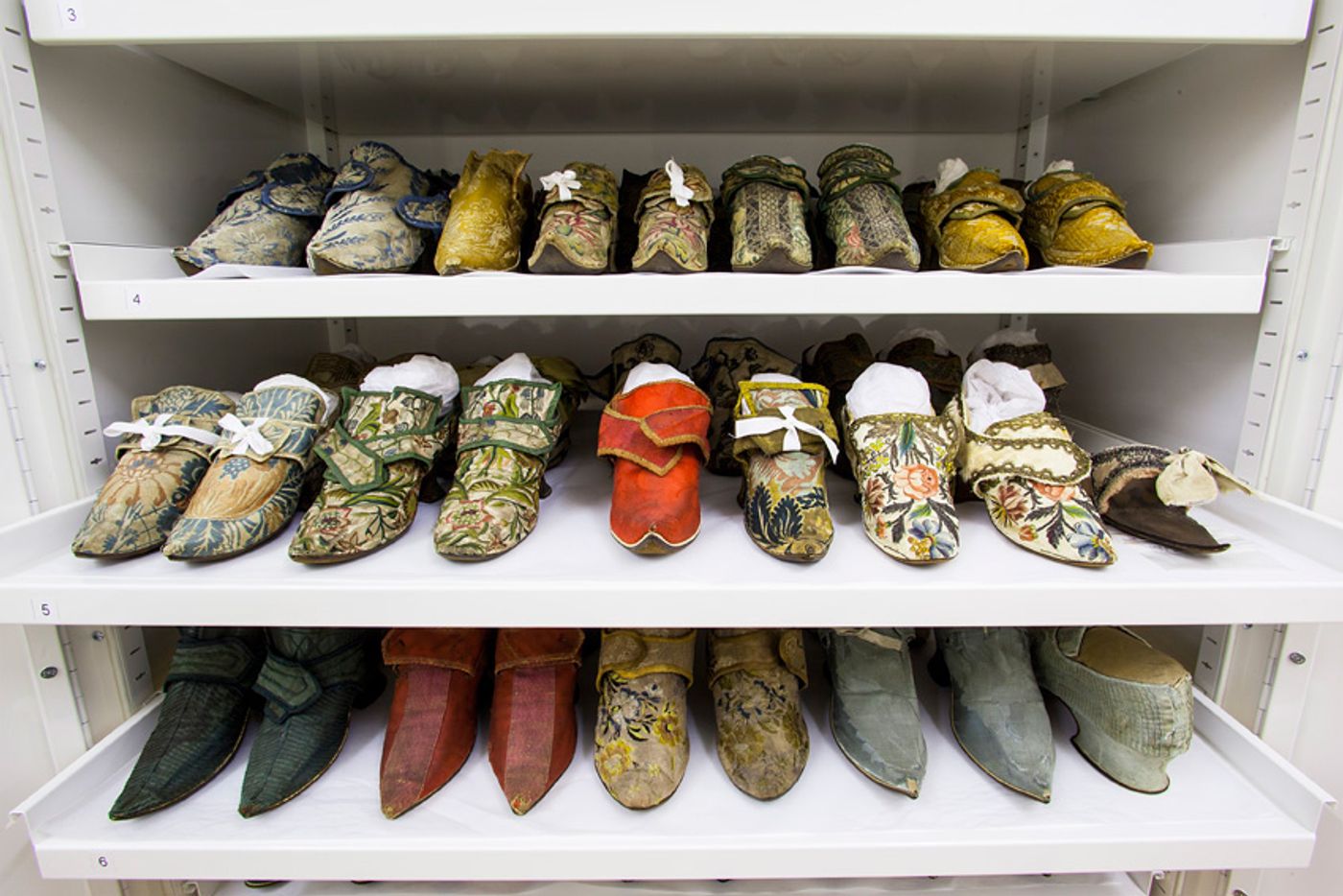
A selection of shoes in The Clothworkers’ Centre for Textile and Fashion Study and Conservation
photo © Victoria and Albert Museum, London.
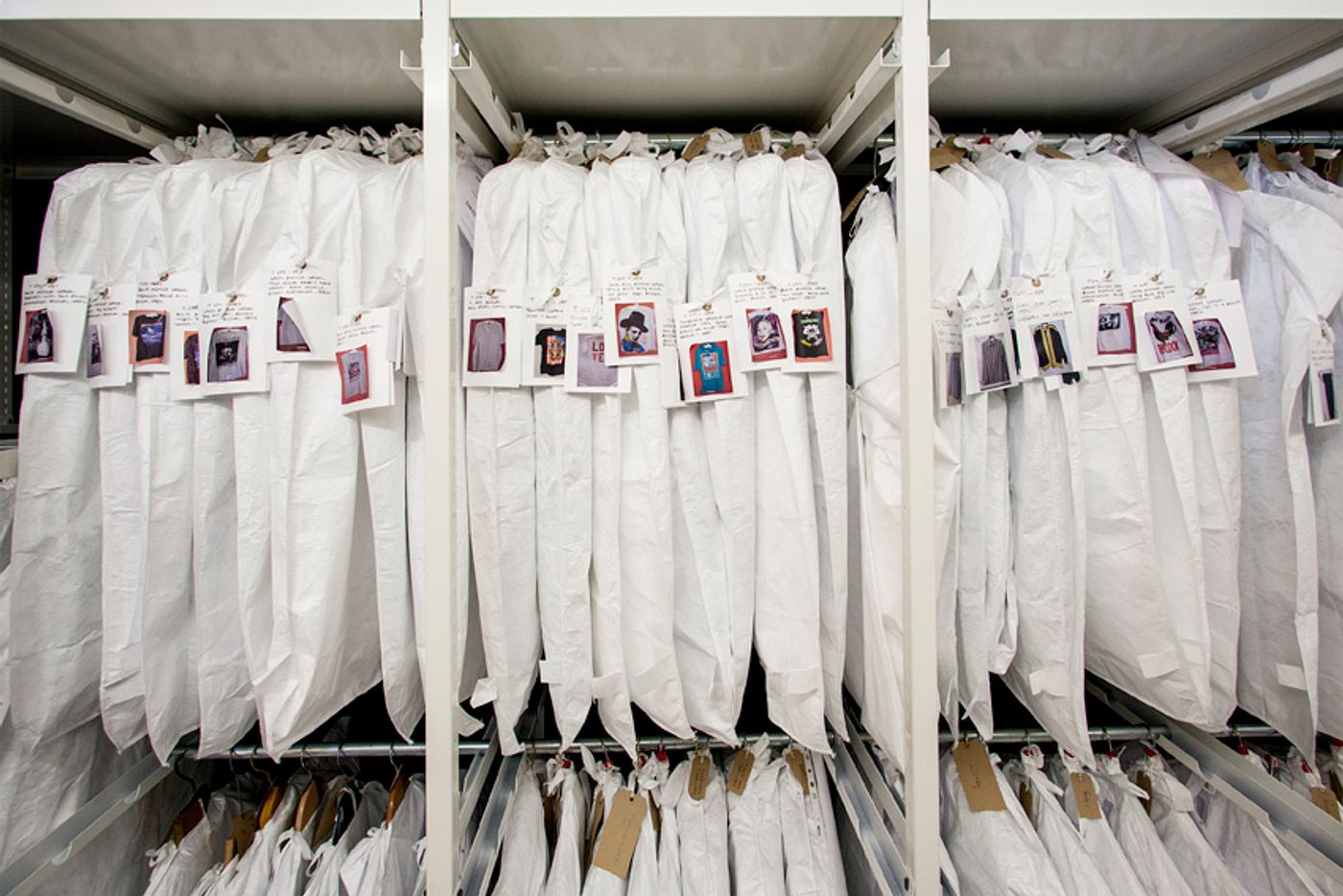
Storage in The Clothworkers’ Centre for Textile and Fashion Study and Conservation
photo © Victoria and Albert Museum, London.
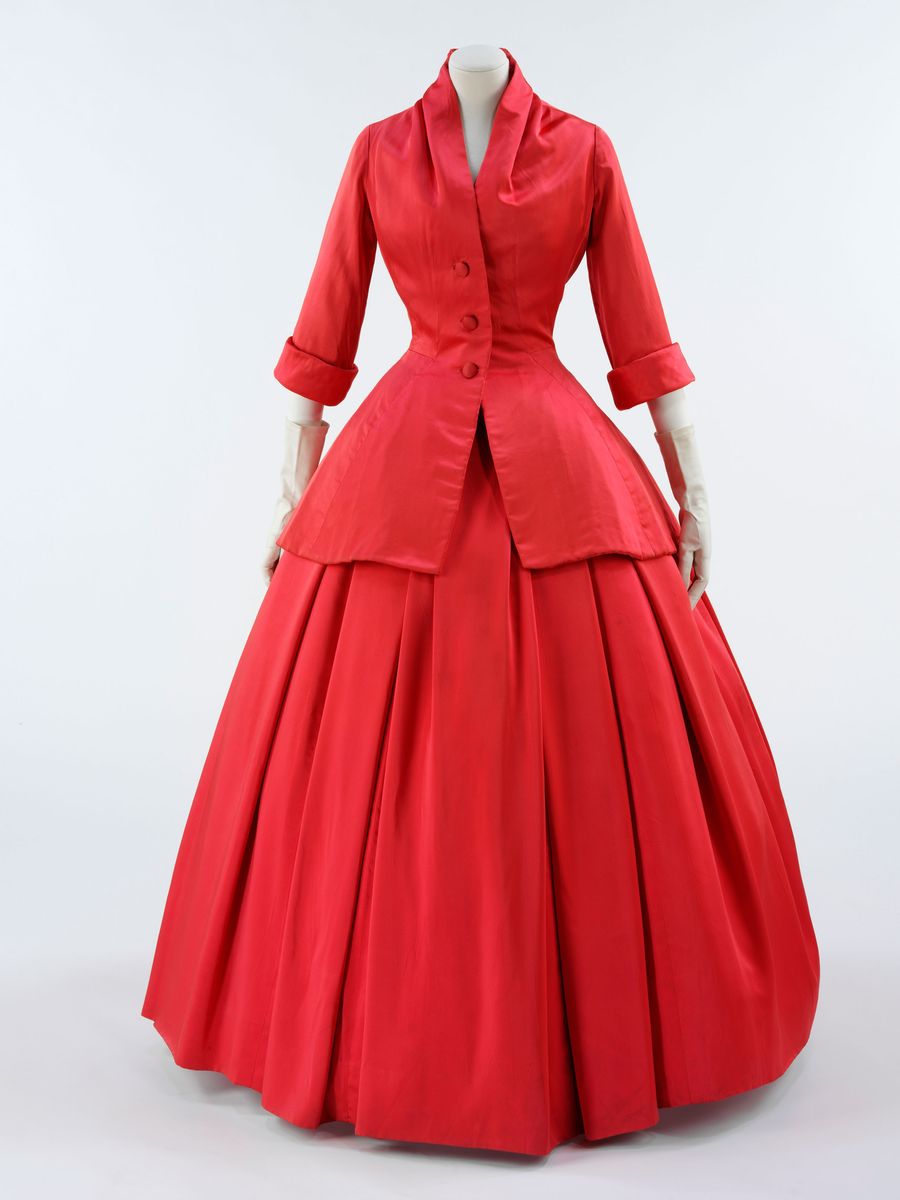
‘Zemire’ ensemble, Christian Dior 1954-55.
photo © Victoria and Albert Museum.

Storage in The Clothworkers’ Centre for Textile and Fashion Study and Conservation
photo © Victoria and Albert Museum, London.
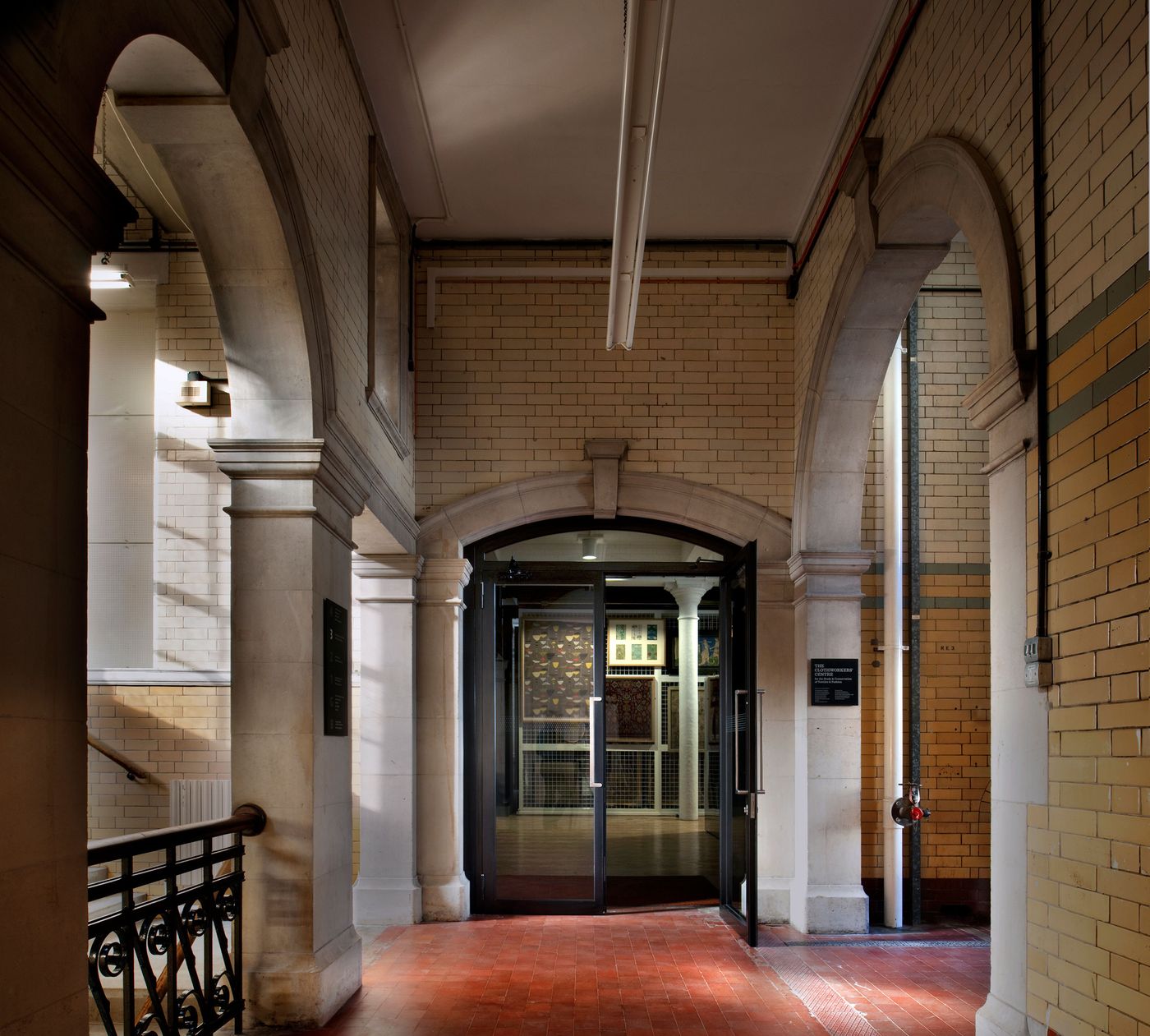
The Clothworkers’ Centre for Textile and Fashion Study and Conservation.
photo © Philip Vile, Victoria and Albert Museum, London.
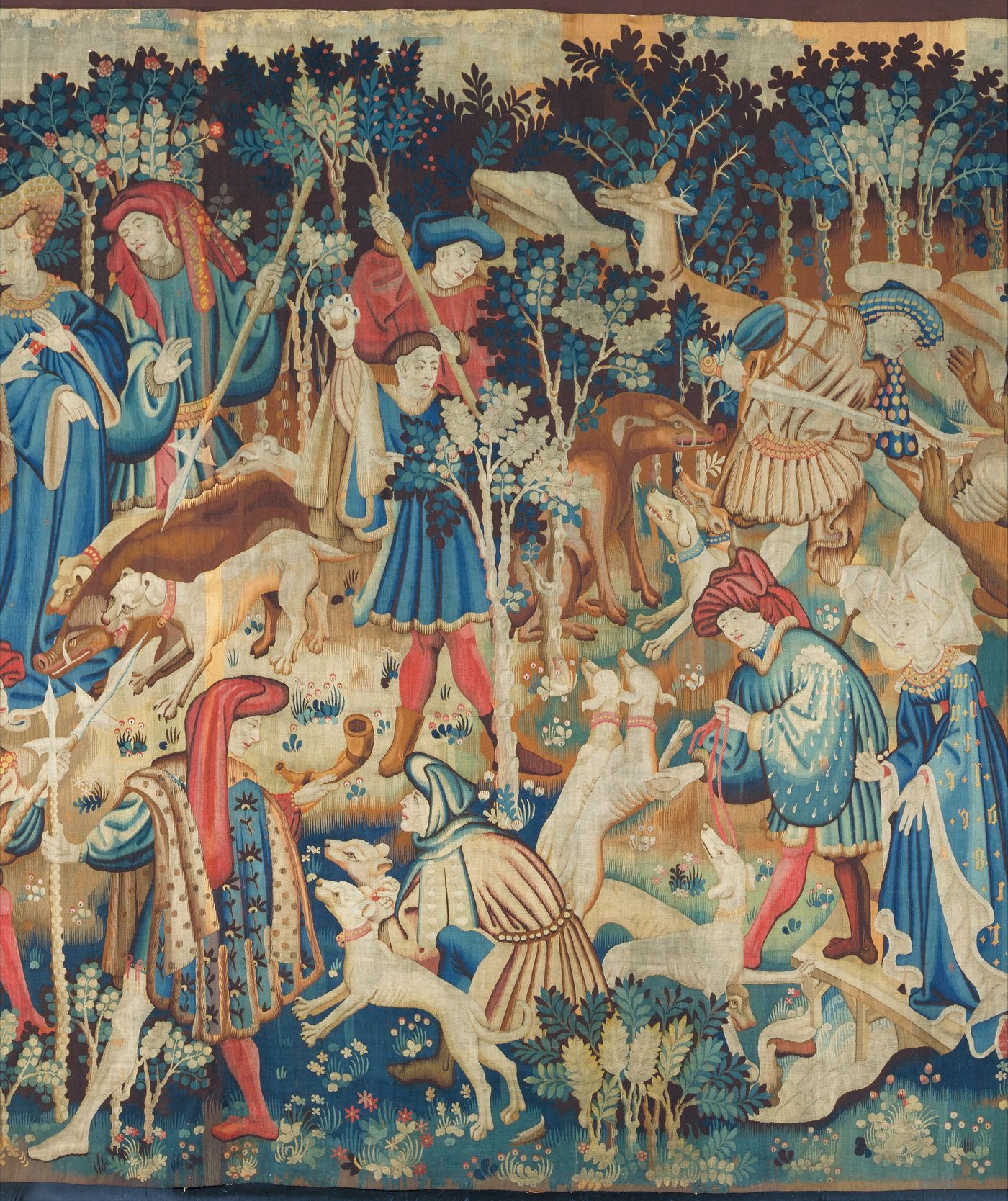
Detail of Devonshire Hunting Tapestry, 1425-30.
photo © Victoria and Albert Museum.
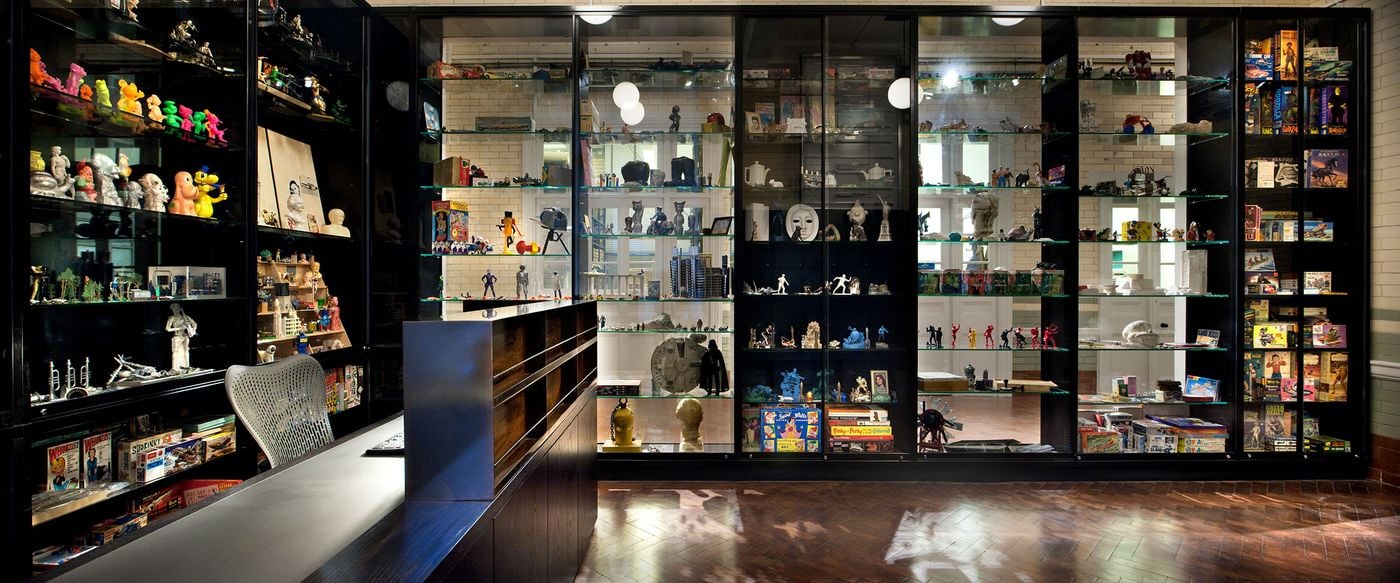
Eduardo Paolozzi ‘Kit-Kat’ Collection of toys and robots at The Clothworkers’ Centre for Textile and Fashion Study and Conservation.
photo © Philip Vile, Victoria and Albert Museum, London.